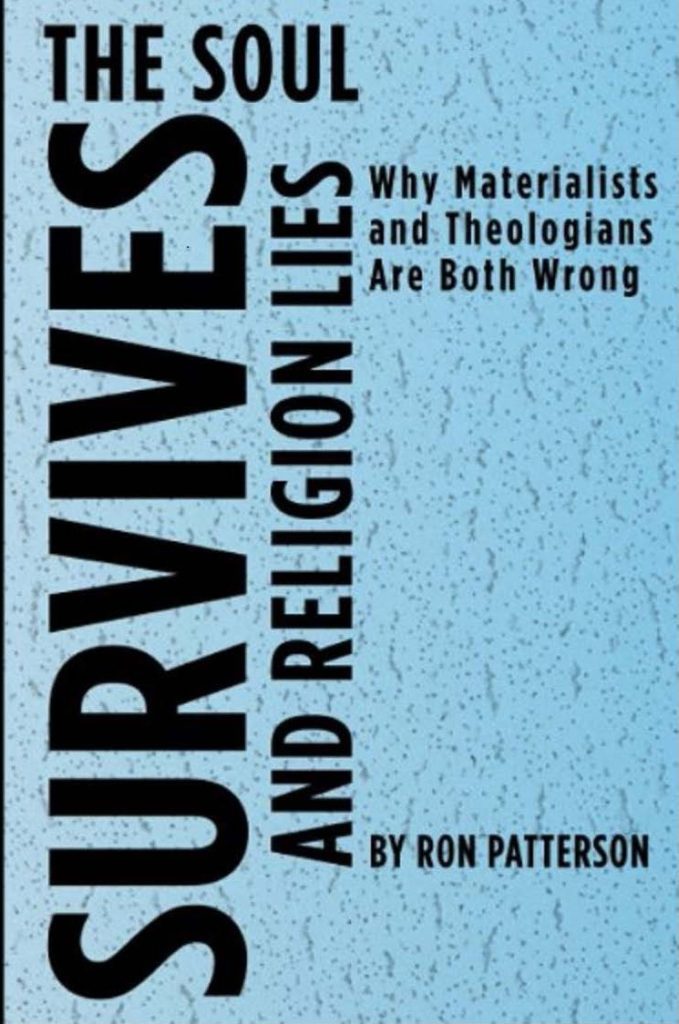God from an Atheist’s Perspective: Can We Believe in Something Higher?
What does the term “God” mean to a person who does not believe in a God? The atheist idea of God goes beyond how we traditionally understand what we consider God, and asks whether there could be a sense of something “higher” respective to our existence without considering religion. This Changes Everything by Ron Patterson answers this question with sophistication philosophically as well as with understandable rational clarity.
This exploration, while rooted in books considering God without God and religion, offers something new for the both nonbeliever and believer alike. So let’s take a look at how the atheist idea of God reinterprets meaning and transcendence.
Redefining the Concept of God
From an atheist’s view of God, the concept of divinity often becomes broader in scope than simply something supernatural. Instead, what is believed about God could be more universal concepts, such as truth, mores, or all life being intertwined. Ron Patterson’s work (which I think stands alone among books looking at God from an atheistic perspective) states that we can discover awe and meaning without having to believe in some kind of God. For example, think about the cosmos. Is there something special about the cosmos that makes it magnificent and founded in a creator, or is the cosmos magnificent in and of itself?
This perspective allows readers to inquire into this question: What if “God” is a way to describe all that we do not yet understand? From an atheistic perspective, people’s view of God is often by “redefining” God as a human social construct that gives name to foundational ideas and beliefs to our greatest thoughts and questions.
Why Atheists Question Traditional Notions of God
The atheist view on God doesn’t reject the human need for meaning. It only questions the notion that meaning must come from a divine source. Books that cover a god without religion (e.g. Patterson’s) argue that traditional models of God often rely on unsubstantiated claims that non-believers simply don’t buy. These same authors advocate that we can find meaning through human reasoning, science, & togetherness; feeling lost in thought during a community event or awe about scientific discoveries may very well evoke the same feelings of reverence traditionally attributed to divinity.
For readers searching for atheist views on God that coincide with evidence-based models of thought, books that challenge meaning from a deity are appealing. By asking why we place meaning in a deity in the first place, these books are effectively questioning: What if our sense of something “higher” is derived from ourselves or in the world around us?
Building a Meaningful Worldview Without God
How atheists view God often develops a worldview based on reason or human qualities. Books that write about God without religion state that meaning does not require a God. Instead, meaning can be found in relationships, ethics, or knowledge. For example, Patterson’s book portrays a similar analogy of a tapestry; the threads that represent human experiences are woven together as a larger whole, and therefore meaningful, experience. This metaphor could allow readers to see how an atheist perspective of God might still include some meaningful elements associated with purpose and connectedness.
These pieces are challenging the reader to rethink transcendence. Transcendence does not have to be about a higher power, but it can be inspired by the vast complexity of the universe or the capacity for humans to endure. This means that, while an atheist perspective of God, means not dismissing spirituality, but changing the way we talk about it and making it available to everyone willing to think outside the box.
Practical Steps to Explore an Atheist Perspective on God
How should you begin examining God from an atheist perspective? You could firstly read other books about God without religion. The book that may be valuable to read is Patterson’s. Reflecting upon the following questions may also help: What geological inspirations in my life have left me in awe? What values inform my decisions? Writing down your reflections may help you clarify your beliefs.
Another avenue could be to consider the natural world or scientific literature, which can provide a similar awe-inducing experience articulated within religion. The relevant questions are those approached in an unconditioned manner, such as, what if meaning is something we make, not something we receive? In essence, open inquiry is an essential part of the reasoning underpinning atheism and seekers who believe in God.


